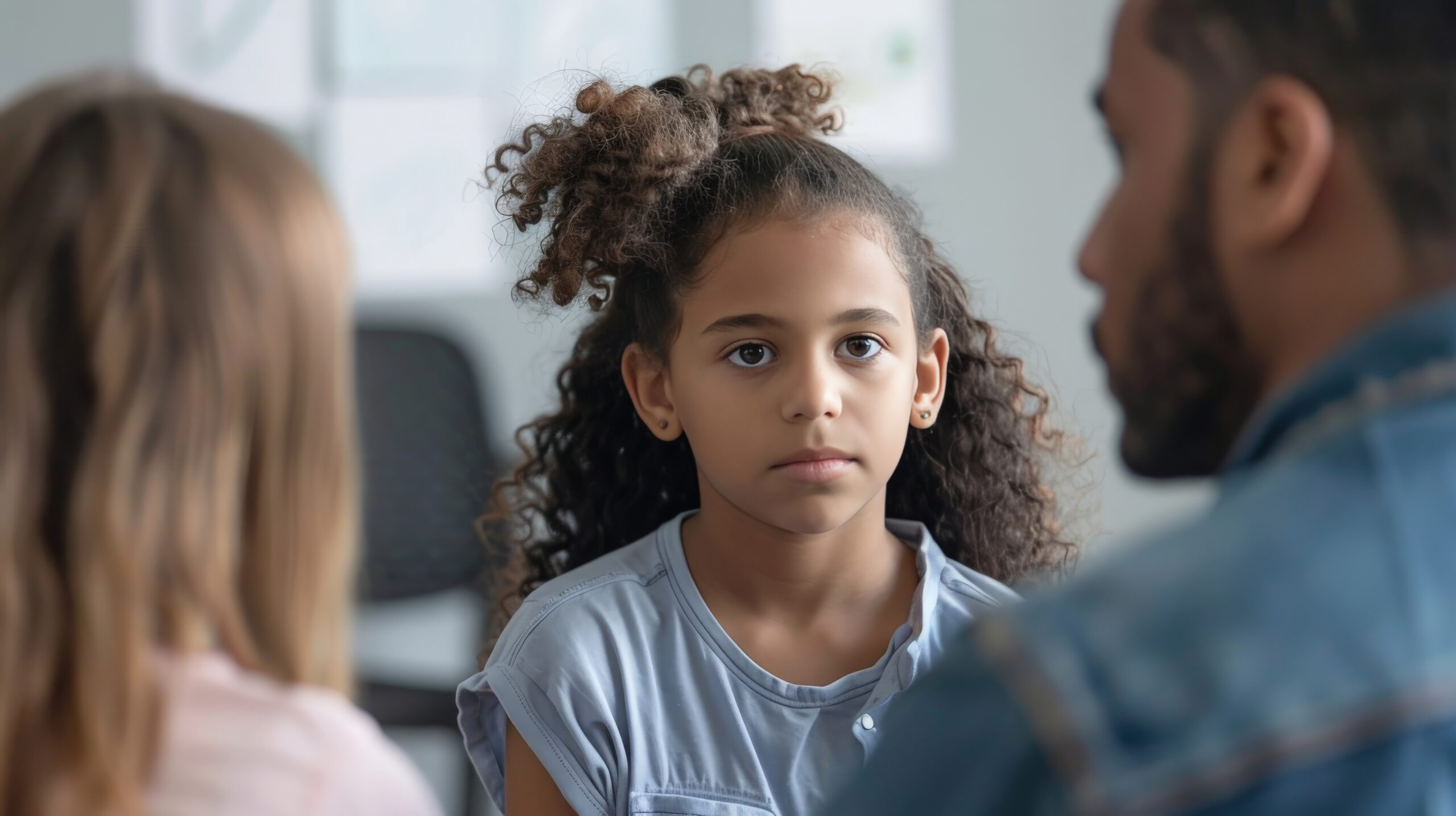Introduction
Child custody disputes in Indiana can be among the most emotionally charged and difficult aspects of family law. When disagreements between parents escalate, conflict often spills over into a child’s daily life—sometimes creating long-term emotional harm. To help minimize conflict and promote the best interests of children, many Indiana courts use parenting coordination as a valuable tool.
This blog will walk you through:
- The role of parenting coordination in Indiana custody disputes
- When a court might appoint a parenting coordinator
- The difference between a parenting coordinator and a custody evaluator
- Benefits, drawbacks, and limitations of parenting coordination
- How a parenting coordinator lawyer or child custody attorney in Indiana can guide you through this process
What Is Parenting Coordination in Indiana?
Parenting coordination is a child-focused dispute resolution process designed to help separated or divorced parents reduce conflict when implementing a custody or parenting time order.
A parenting coordinator (PC) is a qualified, court-appointed professional—often with experience in law, psychology, or social work—who works with both parents to resolve recurring conflicts that the court does not need to decide.
Legal Foundation and Court Authority for Parenting Coordination
In Indiana, parenting coordination is governed by the Indiana Parenting Time Guidelines and authorized under the Indiana Code. Courts may appoint a parenting coordinator when ongoing high-conflict custody cases show that parents are unable to communicate effectively.
Importantly, a parenting coordinator does not replace the court. Instead, they assist parties with day-to-day disagreements about parenting time, scheduling, communication, and other minor conflicts. Major custody changes or relocation issues remain within the exclusive authority of the court.
Role of a Parenting Coordinator vs. Custody Evaluator
It is important not to confuse these two roles:
- Custody Evaluator: Conducts an investigation and provides a recommendation to the court about custody and parenting time.
- Parenting Coordinator: Works after custody orders are in place, focusing on implementation and reducing conflict between parents.
Where a custody evaluator assists in deciding custody, a parenting coordinator assists in managing custody orders already in place.
When Parenting Coordination Is Appropriate
Parenting coordination is typically ordered in cases involving:
- High conflict between parents that impacts the child’s wellbeing
- Persistent disputes about parenting time exchanges
- Chronic communication breakdowns between parents
- Difficulty interpreting or implementing parenting plans
A court may appoint a parenting coordinator on its own motion, or upon request by one of the parents through their child custody attorney in Indiana.
The Parenting Coordinator’s Authority and Limitations
A parenting coordinator can:
- Help parents resolve disagreements about the existing custody order
- Clarify misunderstandings about parenting time exchanges or responsibilities
- Propose solutions for logistical issues, such as extracurricular activities or holiday schedules
However, a parenting coordinator cannot:
- Change legal custody
- Modify child support
- Alter court-ordered parenting plans in a material way
All final decisions remain subject to judicial oversight if parents or their attorneys contest a coordinator’s recommendations.
Benefits of Parenting Coordination for Families
The primary benefits include:
- Reduced court involvement: Parents can resolve disputes without frequent returns to court.
- Faster dispute resolution: Coordinators often respond more quickly than the litigation process allows.
- Child-centered focus: By lowering conflict, parenting coordination helps shield children from disputes.
- Improved communication skills: Parents learn conflict-resolution strategies they can continue using long-term.
Potential Challenges and Criticisms
While effective in many cases, parenting coordination is not without challenges:
- Cost: Parents are typically responsible for paying fees, which can be significant over time.
- Power imbalance: If one parent attempts to control or intimidate, even a coordinator’s presence may not fully equalize the situation.
- Scope limitations: Serious disputes about custody or relocation will still require judicial determination.
How Parenting Coordination Works in Practice
Once appointed, the parenting coordinator will:
- Meet with both parents (individually and together)
- Gather background information about the parenting plan and ongoing disputes
- Provide recommendations or direct input on minor custody-related issues
- Submit written reports or updates to the court as required
If disputes cannot be resolved, the court may need to step in with more formal orders.
Role of Attorneys in Parenting Coordination Disputes
Even with a parenting coordinator, legal counsel remains essential. A parenting coordinator lawyer or child custody attorney in Indiana can:
- Ensure your rights and parenting time are fully protected
- Review a coordinator’s recommendations and, if necessary, challenge them in court
- Advocate for or against the appointment of a coordinator depending on your situation
- Draft parenting plans that minimize future disputes
Tips for Parents Entering Parenting Coordination
- Stay focused on the child’s best interests rather than disputes with your co-parent.
- Document issues—keeping clear records helps resolve conflicts efficiently.
- Communicate respectfully, even when disagreements run deep.
- Work closely with your attorney to understand when to push back on a coordinator’s recommendation.
Conclusion
Parenting coordination in Indiana is a useful tool designed to reduce conflict, streamline dispute resolution, and protect children from the emotional fallout of parental disputes. While not appropriate for every case, it is often a practical alternative to repeated custody litigation.
If you are facing ongoing disputes with your co-parent, consulting a child custody attorney in Indiana can help you understand whether parenting coordination is a good fit for your situation and ensure that your rights—and your child’s best interests—are protected.
Frequently Asked Questions
- Can a parenting coordinator change my custody arrangement?
No, a parenting coordinator cannot change legal custody orders. Only the court can make such modifications. - How long does a parenting coordinator stay involved?
It depends on the court’s order. Appointments are usually for a set term (often one to two years), subject to renewal if high conflict persists. - What if I disagree with my parenting coordinator’s recommendation?
You can raise objections with the court through your attorney. A judge makes the final decision if disputes escalate. - Does the court always require parenting coordination?
No, it is generally reserved for high-conflict cases where parents cannot resolve day-to-day disputes on their own.
Digital assets are often overlooked but can be highly valuable. Legal guidance is essential to ensure a fair and transparent division.
This blog was written by attorneys at Ciyou & Associates, P.C., and this blog is not intended to provide specific legal advice or solicitation of services as this is an advertisement.




